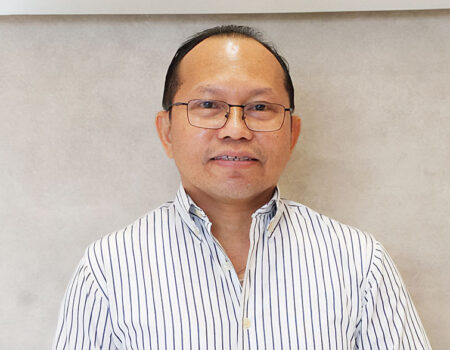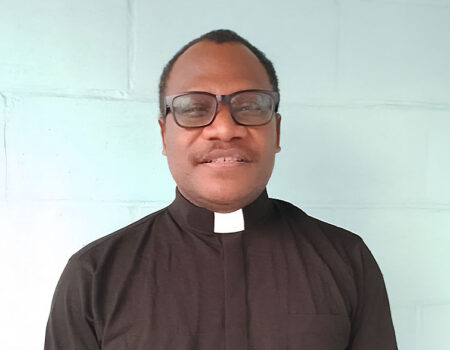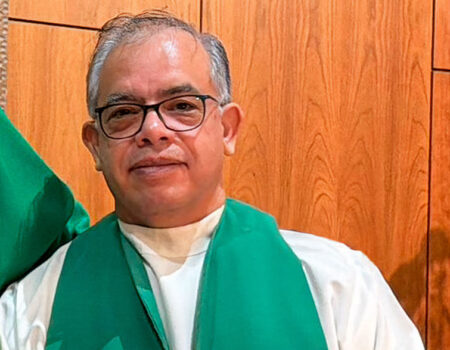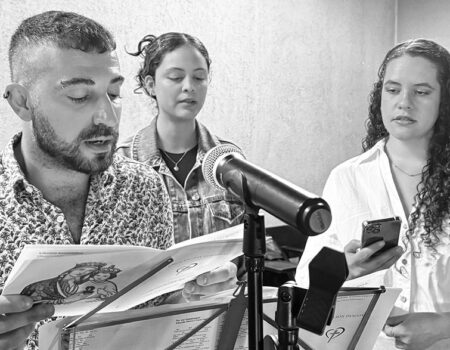JPIC: Choosing the way Few speak about
Tuesday September 30, 2025
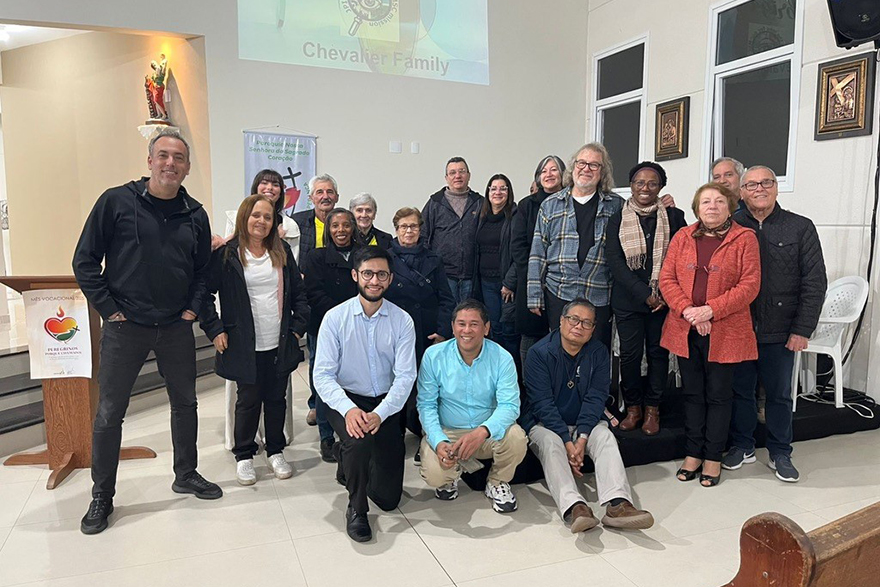
Last night, after the JPIC (Justice, Peace, and Integrity of Creation) presentation, I received a quiet but deeply moving comment from Camilla’s father. (Camilla was our personal interpreter ‘English – Portuguese’). He approached me privately and said, “Thank you for this kind of topic. In the Church and from many priests, I seldom hear these things. Only a few priests talk about JPIC.”
His words moved me. They reminded me of the quiet hunger in the hearts of many of our faithful—not only for bread to sustain the body, but also for a prophetic word that provides meaning, direction, and courage in today’s complex realities. When I heard his gratitude, I was reminded of Jesus’ words: “The harvest is plentiful, but the laborers are few” (Luke 10:2). Indeed, there is a vast harvest waiting—not just of souls longing for heaven, but of lives thirsting for justice, families yearning for peace, and communities crying out for the healing of creation.
Speaking of JPIC is not to introduce something alien to our faith. Rather, it embodies the Gospel itself. It involves walking in the footsteps of the Lord who came “to bring good news to the poor, to proclaim liberty to captives, recovery of sight to the blind, and to set the oppressed free” (Luke 4:18). As Camilla’s father said, not everyone dares to openly take up this mission. For some, it appears too controversial, too risky, and too demanding. Yet, the Gospel is demanding. The Cross itself is demanding.
Even if we have chosen this life of following Christ, we are still called to walk what Robert Frost once described and entitled the best-selling book of Scot Peck as “the road less travelled.” The road of JPIC is exactly that—less travelled. It demands courage to speak when silence would be easier. It calls for action when indifference would be more comfortable. It urges us to prophetic witness when conformity might win us more approval. To take this road is to embrace both the beauty and the burden of discipleship.
There is a deep paradox here: when we talk about justice, peace, and caring for creation, some will listen with joy and gratitude, but others may resist or even criticize. Jesus Himself reminds us: “Blessed are those who are persecuted for righteousness’ sake, for theirs is the kingdom of heaven” (Matthew 5:10). JPIC is not just a topic for lectures or gatherings; it is the very heartbeat of Gospel living. To feed the hungry, comfort the broken, challenge the unjust, and heal the wounded creation—this is to live the Beatitudes.
What struck me most in Camilla’s father’s words is his sense of surprise—that these topics are not often heard from the pulpit. And yet, should they not be the very heart of our preaching? What good is it to proclaim faith without charity, or to celebrate sacraments without justice? St. James asks us pointedly: “If a brother or sister is poorly clothed and lacking in daily food, and one of you says to them, ‘Go in peace, keep warm and well fed,’ but does nothing about their physical needs, what good is that?” (James 2:15-16).
The path of JPIC is not optional; it is essential. It calls us to authenticity and coherence between what we believe, what we celebrate, and what we live. The Eucharist we celebrate must flow into the Eucharist of daily life—breaking ourselves like bread for others and pouring ourselves out like wine for the sake of the Kingdom.
Today, I carry this reflection with me: when people hear us speak of JPIC, some may say, “This is rare.” But perhaps this rarity is exactly the invitation—to give voice where silence rules, to bring hope where despair lingers, and to embody God’s tenderness where the world has grown cold.
To those who walk this less-travelled road, we are never alone. Christ walks with us. The Spirit sustains us. The Sacred Heart beats with us. And in every step taken for justice, peace, and the integrity of creation, the Kingdom quietly breaks through—like a seed falling into the earth, destined to bear much fruit.
Let us then choose, again and again, the road less travelled. For on that road, we will find the Heart of Christ—and in His Heart, we will find the world He so deeply loves.
Richie Gomez, MSC


